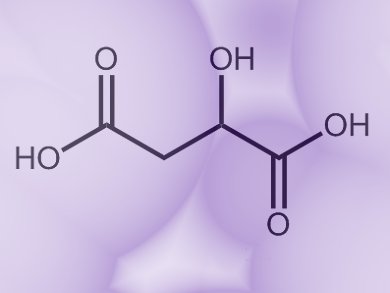Pancreatic ductal adenocarcinoma, the most common form of pancreatic cancer, is refractory to all forms of treatment currently available. Jaekyoung Son, Dana Faber Cancer Institute, Boston, USA, and colleagues discovered a metabolic pathway that sustains the development of this aggressive tumor.
Most healthy cells convert the amino acid glutamine to glutamate. In the mitochondria glutamate is transformed to α-ketogluterate, which fuels the tricarboxylic acid cycle. The researchers demonstrate that, in pancreatic cancer cells, glutamine is instead converted to aspartate which is then used in the cytosol to generate malate via an oxaloacetate intermediate. Subsequently, a NADP+-dependent malic enzyme oxidizes malate, generating pyruvate and NAPDH. Thus, by activating this metabolic pathway, pancreatic cancer cells increase the NADPH/NADP+ ratio and maintain the redox balance. While this pathway is essential to promote tumor cells’ growth, it is dispensable in normal cells and, therefore, it constitutes a novel and selective therapeutic target for the treatment of pancreatic ductal adenocarcinoma.
- Glutamine supports pancreatic cancer growth through a KRAS-regulated metabolic pathway,
J. Son, C. A. Lyssiotis, H. Ying, X. Wang, S. Hua, M. Ligorio, R. M. Perera, C. R. Ferrone, E. Mullarky, N. Shyh-Chang, Y. Kang, J. B. Fleming, N. Bardeesy, J. M. Asara, M. C. Haigis, R. A. DePinho, L. C. Cantley, A. C. Kimmelman,
Nature 2013, 496 (7443), 101–105.
DOI: 10.1038/nature12040




